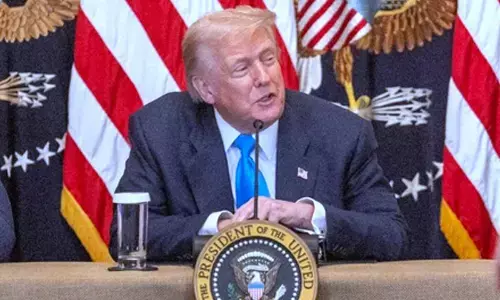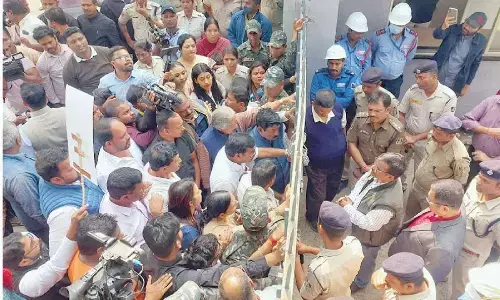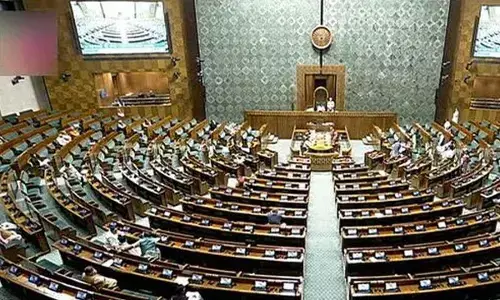Union Budget 2019: Expectations from MSME's

MSMEs, despite their huge contribution to the economy face a multitude of challenges that restrict their growth.
MSMEs, despite their huge contribution to the economy face a multitude of challenges that restrict their growth.
The Union Budget 2019 is expected to provide measures to mitigate compliance burden, easing of working capital blockages and tax sops such as tax holidays, reduced tax rates easy access to finance. The budget is also expected to address the delayed payments by the PSUs and CPSUs, large industries and put stringent measures for timely payments to ease the problem of financial stress.
When it comes to lending to MSME sector, Public sector banks seem to be ceding ground to private sector banks and non-banking finance companies. The PSBs share in credit to MSMEs declined from 58% in 2014 to 40% by the end of March 2019. Rising bad loans under MUDRA loans, onetime restructuring of existing loans permitted by RBI from January 1st 2019 and capital constraints may be some of the reasons for the decline.
With the drastic decline in PSBs share in lending to the MSME sector, small businesses often fail to get loans on time. Government must announce some measures to enable the small businesses to get easy access to loans in this budget.
Inclusion of Medium industries in priority lending has caused visible shift in the lending pattern by the banks. More percentage of loans is given to medium industries than to micro and small industries to fulfill the priority lending targets. We suggest that medium industries be given separate lending targets and not be combined with micro and small industries.
A a reduction in the corporate tax rate to 25% from 30% irrespective of the turnover surely help easing the cash crunch to MSMEs
A new industrial policy to make India a manufacturing hub and a national retail trade policy is to be given priority.
Export promotion is on top of the agenda of the government and to increase exports and exploit the opportunities created by US-China Trade War, The Centre may provide higher incentives under the Merchandise Exports from India Scheme (MEIS) and duty drawback – in the upcoming Budget to boost exports. Under MEIS, the government provides exporters, especially in the labour-intensive sectors, duty credit scrip at 2-5% of their export turnover, depending upon products and shipment destinations. This can be enhanced to a maximum of 8%.
The current deduction limit of Rs 1.5 lakh under section 80C for certain investments/payment has not changed in the last 5 years. With the increase in the cost of living and the need to boost savings, the government should consider increasing this limit to at least Rs 3 lakh.
Given the increase in compliance burden of filing income tax returns, the government should consider increasing the basic exemption limit to Rs 5 lakhs.
Author is Ex-President, FTAPCCI - Mr. Anil Reddy
Woman injured in stabbing attack in Tokyo, suspect at large
Bengal cop booked for murder over mysterious death of woman home guard, SIT to probe case
Staffer recalls horror of 7-kg gold robbery by armed gang in Karnataka’s Hunsur
25-Year-Old Airline Cabin Crew Member Dies At Gurugram Party; Police Begin Investigation


















